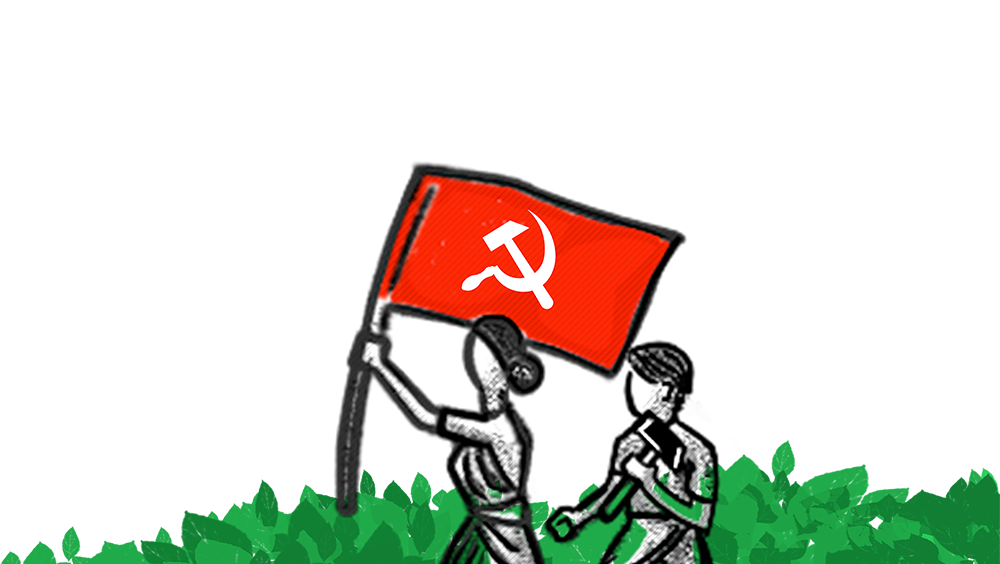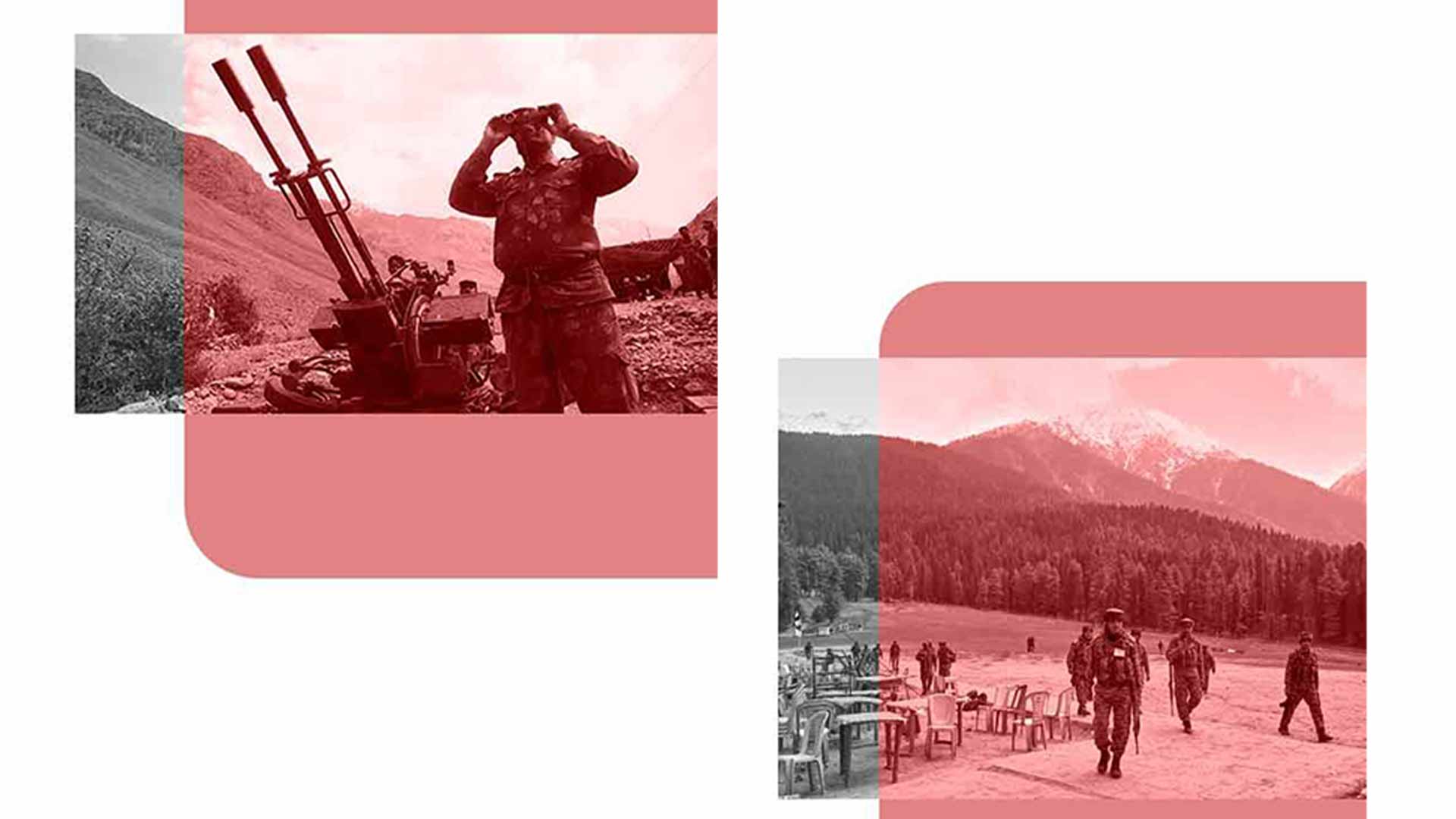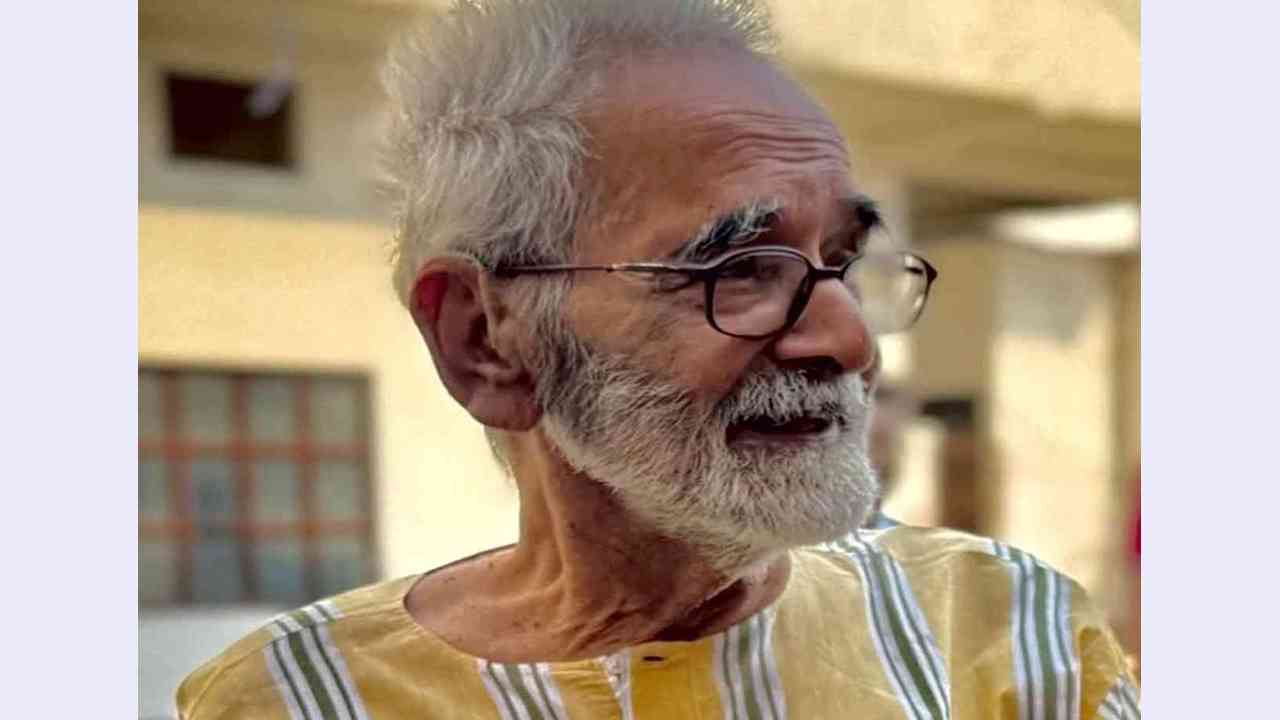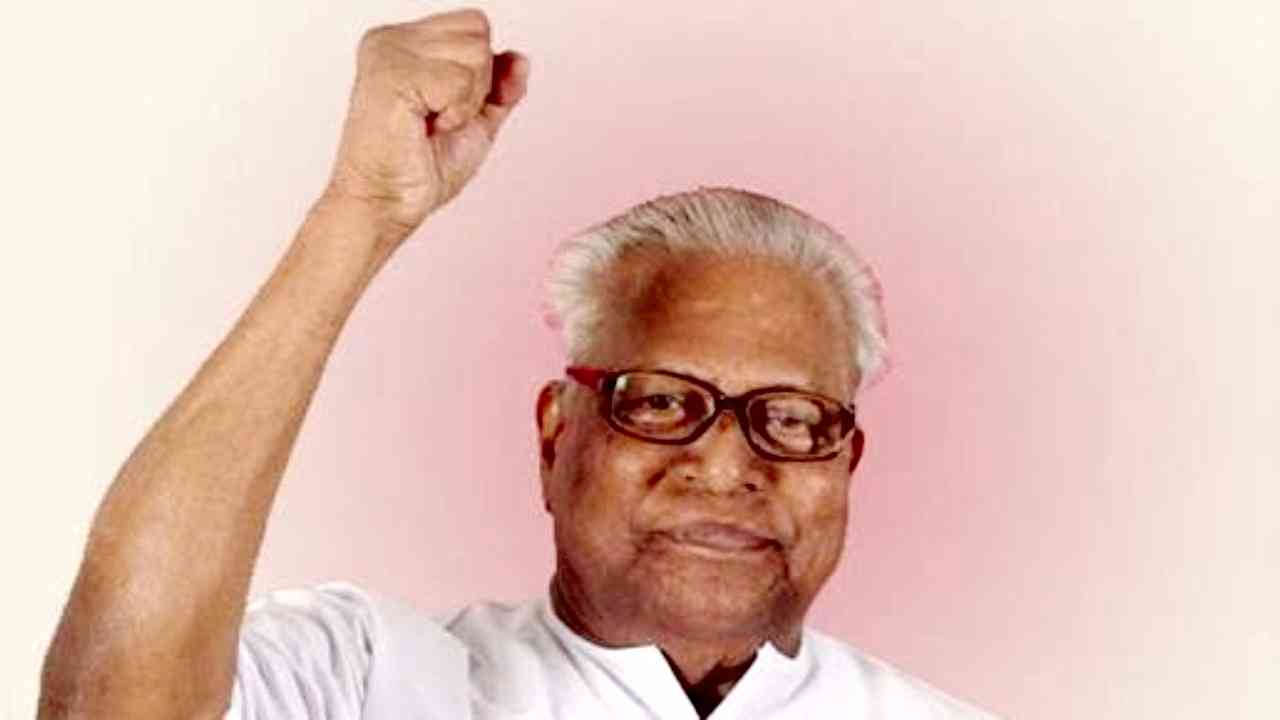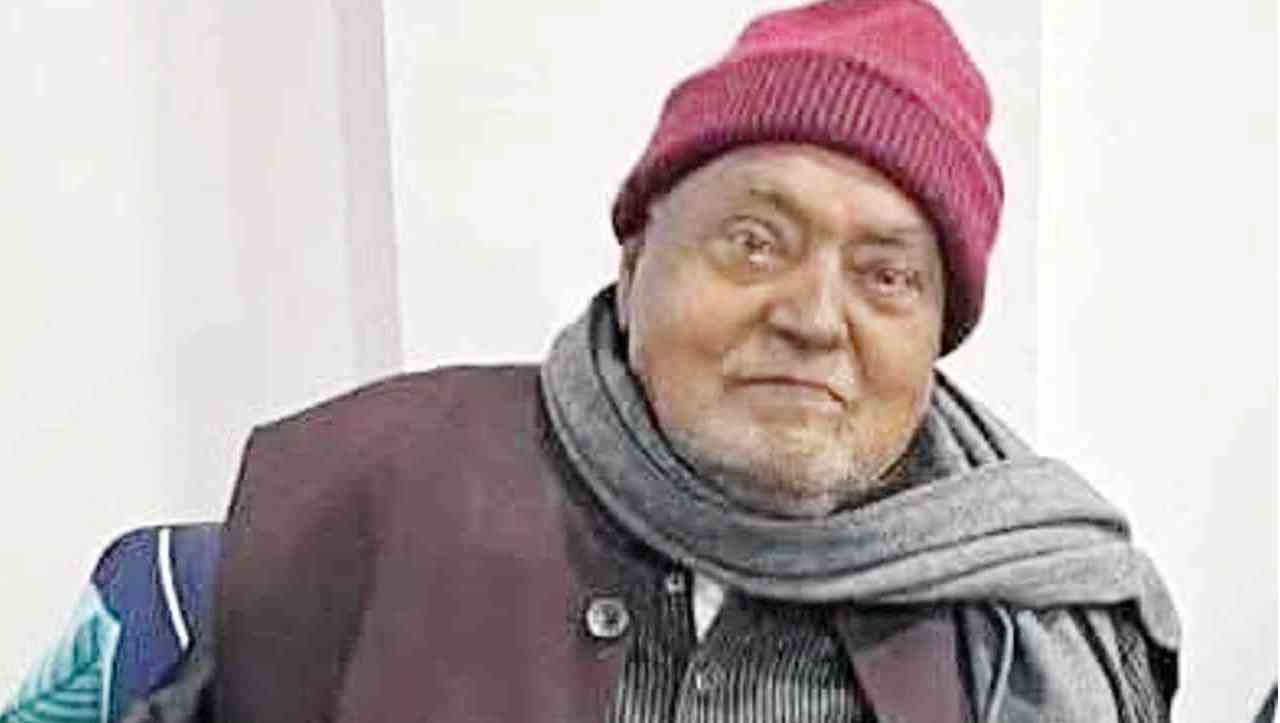The trajectory of events from the horrific terrorist attack in Pahalgam to the sudden announcement of ceasefire has given rise to many questions regarding India's national security and foreign policy. The Modi government has been claiming great successes in these two areas but facts now clearly suggest that it has completely failed even on its own terms. From Uri and Pathankot to Pulwama and now Pahalgam, there have been major attacks on India's security forces and military installations and on civilians during the last ten years. Add the Galwan valley clash with China in 2020, and it is evident to all that, unsurprisingly, Jammu and Kashmir has not become a more peaceful region in the Modi era. With Pakistan India has now had to settle for a ceasefire that Trump says was brokered by his government, and as for the clash with China we still remember how Modi told the country that there was no incursion or occupation by China, making us wonder what the clash then was all about.
The countrywide mock drills and the spread of military exchanges across almost the entire stretch of the India-Pakistan border rekindled memories of the 1971 war. Any sober comparison between the 1971 war and the latest conflict should however tell us how much things have changed since then. We must never forget that 1971 was primarily Bangladesh's own liberation war which turned into an India-Pakistan war only after India's open military intervention and declaration of support for Bangladesh. The international strategic environment and balance of forces has also undergone a dramatic shift since then. In 1971, India had the fullest backing of the Soviet Union without which the war could not possibly have been clinched so quickly and decisively. This time round India had hardly any external support while Pakistan had the full backing of China. We must also remember that for all their disparities in size and strength, there is now nuclear parity between the two countries, a reality that both can only ignore at their own peril.
In his post-ceasefire address to the nation, Narendra Modi sought to come up with a new doctrine of national security when he said that every act of terror would henceforth be treated as an act of war and India would not accept any ‘nuclear blackmail’. Nuclear parity produces nuclear deterrence, which if ignored can only guarantee mutually assured destruction. Whatever Modi may mean by nuclear blackmail, no nuclear power in the world today can risk a nuclear war with another nuclear power. Nuclear weapons apart, constant upgradation of technology has also drastically changed the nature of warfare. The latest military showdown between India and Pakistan gave us some glimpses of this new mode of technology-driven warfare. If India can buy sophisticated weaponry and military technologies from the US, Israel or France, so can Pakistan from China and other weapons-exporting countries, the US included. A permanent threat of war can only mean a spiralling arms race between India and Pakistan.
The question we need to ask ourselves is obvious. If a former superpower like the Soviet Union collapsed under the weight of an unsustainable arms race with the US, should not India avoid such a suicidal course by all means possible? This is where the role of diplomacy and foreign policy becomes so important. In the wake of the Pahalgam terror attack, India had sympathy from across the world. But when the Modi government launched Operation Sindoor and the threat of a full-scale war between two nuclear-powered neighbours began to loom large, the sympathy for India dissipated and almost the entire world called for de-escalation and dialogue. Israel and to an extent Afghanistan have been the only two countries that have appeared to side with India, whereas the United States, after initial expressions of indifference, stepped in and broke the news of ceasefire. At the hour of its biggest test, the Modi era foreign policy proved to be an abject failure and India virtually stood thoroughly isolated in the global arena.
Known for his declared policy of seeking opportunities in adversity, Modi has now outsourced his foreign policy fiasco to parties of the very opposition the Sangh brigade had been dubbing anti-national all this while. A few opposition MPs have been selectively chosen to join and even head parliamentary delegations that will visit select countries in the world on a so called diplomatic outreach mission. China and India's other South Asian neighbours, along with Iran and Canada are however conspicuously missing among the delegation destinations. In the Modi era India has been busy abandoning and ignoring relevant regional and global south platforms like SAARC and BRICS while becoming obsessed with West-dominated groupings like G7 and G20 and becoming increasingly dependent on and subservient to the US-Israel axis. The result is there for all to see - utter isolation in India's own neighbourhood which the government now seems to accept as a permanent reality.
India needs an urgent rethink on national security and course correction on foreign policy. The opposition had rightly demanded an immediate special joint session of Parliament for a proper update on the situation and discussion on the pressing questions. The Modi government is trying to avoid its accountability by now hiding behind this global outreach mission comprising selectively curated delegations. The world has been watching the entire course of post-Pahalgam developments. The vicious targeting of Himanshi Narwal, the abusive trolling of India's own foreign secretary, the derogatory remarks about Colonel Sofiya Qureshi by Madhya Pradesh BJP minister Kunwar Vijay Shah and the arrest of Professor Ali Khan Mahmudabad are all global news. If Narendra Modi's much publicised foreign visits and the pursuit of a foreign policy that caters to the corporate greed of India's crony capitalists at the cost of India's own strategic needs, and the failure of the Modi government's Kashmir policy have landed India into the current crisis, the seemingly bipartisan diplomatic outreach mission where handpicked opposition MPs provide a thin facade of 'national unity' around these same failed policies cannot change the scenario. What India needs is a decisive policy shift - reject the disastrous course of the Modi regime and reorient the country's internal and external policies in consonance with the constitutional proclamation of a sovereign socialist secular democratic republic and the legacy of the inclusive and anti-imperialist nationalism nurtured in the course of India's historic freedom movement.

